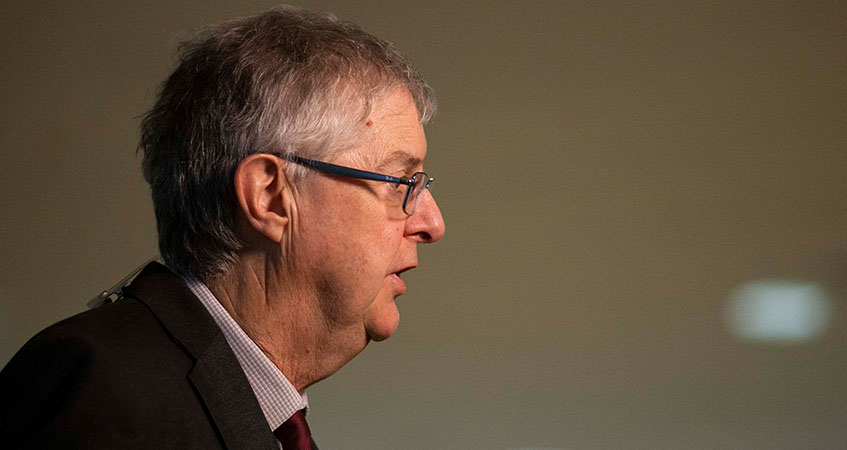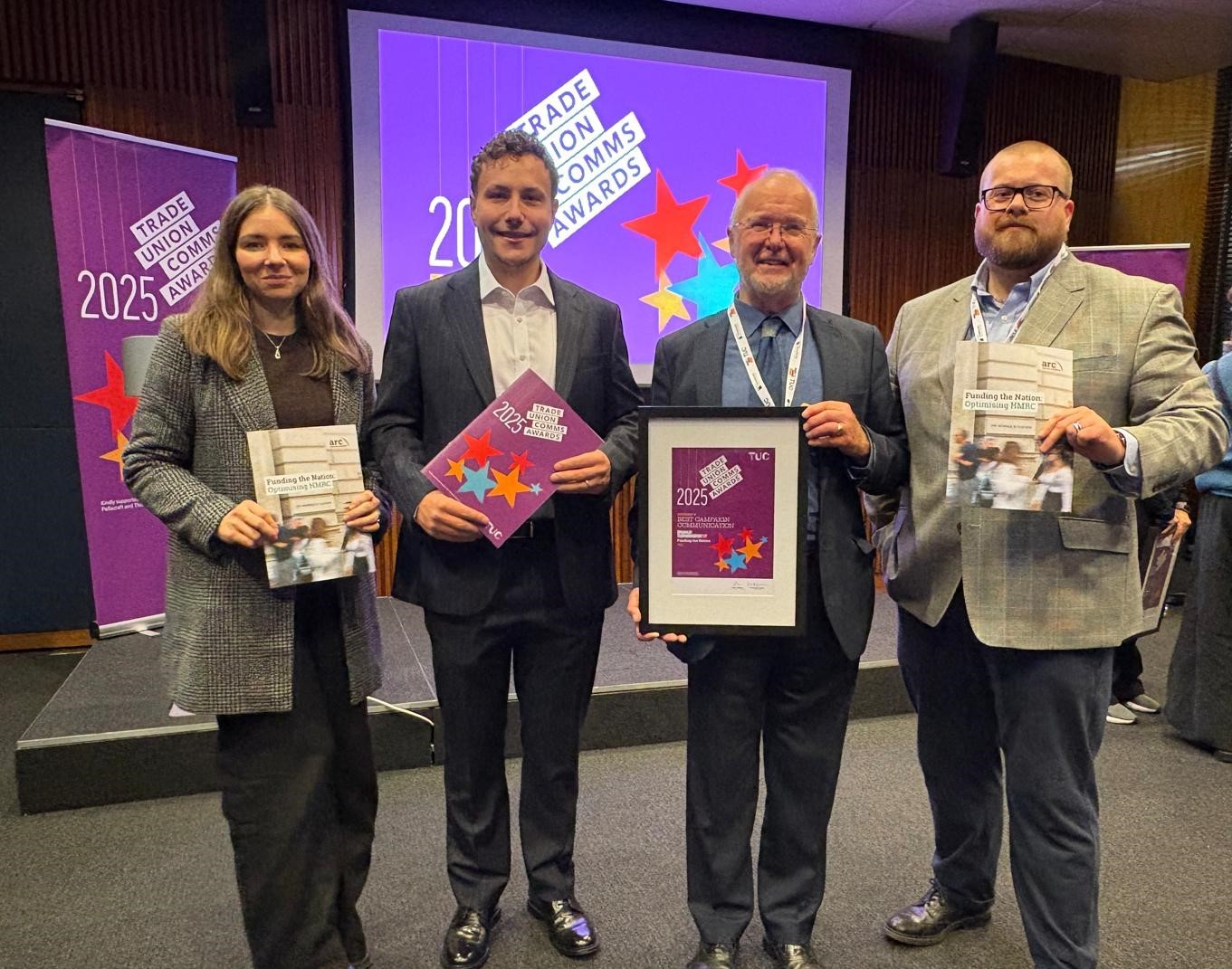“Everybody has leadership potential”
Tommy Newell speaks to First Minister of Wales Mark Drakeford about his relationship with the civil service and why he favours “distributed leadership”.

ComposedPix via Shutterstock
“I think the idea of an impartial civil service has been a rock on which the relationship between the Welsh Government and the civil service has been founded.” For Mark Drakeford, First Minister of Wales since 2018, the core civil service value of impartiality is “fundamental” and “the reason” that the Welsh Government chooses to be part of the UK home civil service. “The Welsh Government continues to buy into the UK home civil service by choice,” he explains. “That’s not a given and at various points during devolution that bargain has been interrogated and its pluses and minuses weighed up. And so far, every time, the calculation has come down in favour of remaining in the current arrangement, but were a UK government to move fundamentally away from the values on which the civil service is based then that would alter that calculation very much.”
Drakeford is quick to stress that the Welsh Government doesn’t “start from disagreeing with what the UK Government want to do because they’re the UK Government and we’re not”. In fact, he agrees with recent proposals from the UK Government that “the default position in relation to senior positions should be that they should be advertised externally”. “Actually, I would be in the same place on that,” he says. “The default setting should be that those should be advertised beyond the civil service as well. That doesn’t mean that that happens in every single case because there will be reasons why, in some cases, you want to do it differently.”
While the plans did not include devolved areas, Drakeford had real concerns that Wales was “at risk” of the proposed cuts reducing “the Barnett consequentials that come through to us for Welsh public services”.
Despite his continued ‘buy in’ to the home civil service, “there are aspects” that the First Minister “would wish to see reformed in Wales”. “It is not that there aren’t things in the contemporary civil service that we would ourselves wish to see changed or be done differently,” he says. “But the basic idea, that the purpose of the civil service is to provide advice to ministers, which sometimes may not be the advice that ministers would prefer to hear or that would challenge the ideas that ministers started with. For us, the value of the civil service lies in the capacity for that sort of frank discussion.”
According to Drakeford, one of the “less attractive qualities” of the civil service is “the way it’s still so powerfully imbued by a sense a hierarchy”. “Hierarchical organisations I think are flawed as models for modern decision making,” he says. “They encourage people to forever hand decisions further up the hierarchy so it disempowers people from making decision that they, I think, are well placed to make. And hierarchies also encourage a view, which I am not comfortable with, that leadership in organisations belongs to a certain cadre within the organisations rather than belonging to everybody.”
As an alternative to the hierarchical structure he describes, the First Minister instead believes in “distributed leadership”, which to him is about trying to persuade “everybody who works for the Welsh Government” that they have “leadership potential and a leadership responsibility”. He suggests that when a problem arises in the workplace, one’s first question should not be ‘who should I refer this problem to?’, because, in his view, this kind of “referral culture” is “destructive of the best outcomes”. “I try and say to people,” he continues. “The first question you should ask yourself is ‘what contribution can I make to solving the problem that I’ve just come across?’ and very often the contribution you can make will be a small one, but it is only by adding up all the small contributions that a range of different people are able to make, that we get the best solutions to the problems that face us.” He believes that this model of leadership encourages organisations to maximise the talents of all staff and creates an environment in which people have the authority they need to “make decisions close to where there are people working on solutions” rather than “several steps away from the person who actually knows best the nature of the problem”.
The First Minister feels there is still a “very long way to go” to embedding this kind of approach in the civil service, as “it’s against the grain of the way the system is currently structured”. Despite this critique, he is also forthcoming with praise for how the civil service responded to the COVID-19 pandemic and adjusted to new ways of working “in such a short period of time”. “The way in which people adapted so quickly into transacting business remotely and organising meetings remotely by Teams and Zoom and so on, was absolutely remarkable and we as a government are very keen to hang on to the gains of that,” he explains.
Why social partnership is “fundamental” to Welsh Government
When it comes to dealing with challenging issues which need to be resolved, the Welsh Government led by Mark Drakeford tries to address them “by bringing in all the key social partners around the table together and then to have the difficult and challenging conversations, which you need and which you can have if there is a shared commitment to trying to find that space amongst a spectrum of views where you can find a piece of ground which you can agree on”. He describes this social partnership approach as “fundamental” to the way in which his government operates, with a strong belief that “social partners include trade unions as much as they do other voices around that table”. For Drakeford, social partnership “is absolutely not about cosy or collusive relationships”. He stresses that “conversations are often very challenging but you can manage them and you can get the benefit of them if they are underpinned by a shared belief that, in the end, we made the best progress by trying to find common ground”. “We used it very extensively and we would argue successfully during the COVID crisis,” he adds. “And we will be continuing to use it as we go into the very challenging winter that lies ahead to try to maximize the impact we can have collectively between us on the cost of living dilemma that will loom so large for so many Welsh families.”
How the Queen “helped to cement devolution in the way the contemporary UK operates”
The United Kingdom witnessed huge changes throughout the reign of Queen Elizabeth II, be that culturally, technologically or indeed to the way in which it is governed. Reflecting on her 70 years on the throne, the First Minister believes “one of the most fundamental changes that happened during that period was, of course, the advent of devolution”. “We now know because papers have arrived at the public records office in Kew from over 20 years ago that when the very first Assembly was elected back in 1999 the official advice to the Queen at the time was that she didn’t need to come and carry out the official opening of the Assembly,” he explains. “And it was her decision, overturning the official advice that she had, and she did come and she opened the first Senedd term and she returned every time thereafter.” The sixth term of the Senedd was the final Parliament the Queen would ever open, in October 2021. “So, there is something that is particularly significant from a Welsh point of view that that decision,” he continues. “That repeated return to mark Senedd terms has helped to cement devolution in the way that the contemporary United Kingdom operates and is governed… that constitutional significance has certainly not gone unnoticed.”
Related News
-

Organising: a community of practice
FDA Head of Organising and Learning Deri Bevan on the rise in HEO, SEO and graduate scheme members who are increasingly active within the FDA. Plus, trends and feedback from this year’s FDA Learn calendar.
-

Retention and reward for the Fast Stream
Robert Eagleton, the FDA’s National Officer for the Fast Stream, outlines why retention and pay parity are the key issues for Fast Streamers.
-

FDA highly commended for Funding the Nation campaign at 2025 TUC Comms Awards
The FDA is delighted to have been highly commended in the Best Campaign Communication category for ‘Funding the Nation’ at this year’s TUC Comms Awards.